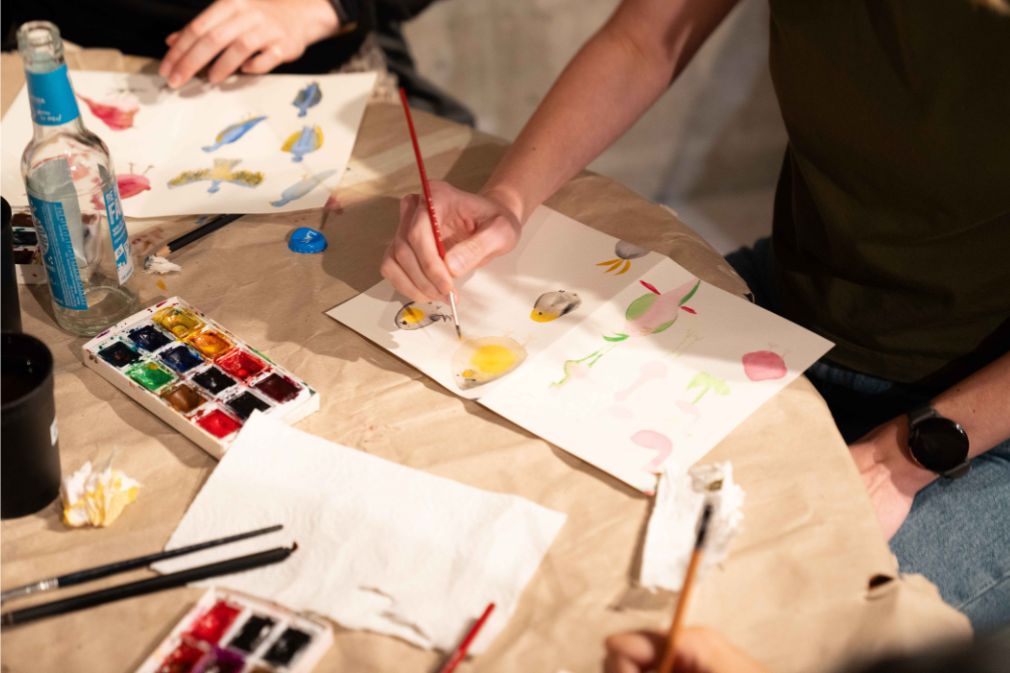In Berlin, a co-working space enables users to engage with their community
The Denizen House Berlin is a multi-use community space located in the Kreuzberg neighbourhood.







About Denizen House
Location: Köpenicker Str. 40, 10179 Berlin, Germany
Design: Modiste Studio
Client: Denizen
Furniture: Vitra
Floor Area: 450 sq-m
The Denizen House Berlin is a multi-use community space located in the Kreuzberg neighbourhood. Co-working, hospitality and public functions create a more social hybrid work reality.
Key features
Hospitality start-up Denizen has opened its first Denizen House in Berlin’s Kreuzberg neighbourhood. The 450-sq-m Denizen House concept seeks to be a ‘lobby for the neighbourhood’, providing an open lounge, flex workspace, concierge, a grab-and-go café, and community facilities for events, classes, and fitness, open to its members and the greater community. Modiste Studio installed large street-facing windows connecting the interior with its surroundings. The café and studio are in a converted building, combined with a lounge and workspace via a green courtyard. Denizen and Vitra collaborated to create custom furniture which helps enable flexible individual and collaborative spaces. Wooden partitions lined with acoustic panelling demarcate focus areas. The studio for yoga, meditation and exercise classes has translucent curtains, which ensure privacy but allow natural light to filter in.
FRAME’s take
The now-norm of hybrid working has brought with it an increase in the popularity of co-working, which has allowed many people to ditch commuting. Working near home has enabled the 15-minute city to become a reality for many – especially because of the growing popularity of co-working spaces scattered throughout cities and, more recently, suburban areas. People can work, shop, and socialize within a small radius of their homes, creating a stronger connection between individuals and their communities.
Contributing work editor Riya Patel wrote about the rise of this phenomenon in FRAME 144: ‘Community values in near-home workspace appeal to those who feel isolated working at home. They enjoy a feeling of belonging that’s incomparable to a big, central office.' The inclusion of porous elements at Denizen House Berlin not only helps the brand achieve its goal of providing a space for its members to strengthen their connection with their community, but provides additional revenue streams for a spatial typology which is typically closed off from the public. Merely providing a space to work is not enough when it is community and connection that co-workers are in search of.
Author: Kayla Dowling Photography: Mathilde Karrèr
Originally published by FRAME on 1 November 2022 on frame.web.
Register
Fill in the form to secure your spot for one of the upcoming events! See you soon!
Got questions? Get in touch -
.png)
.png)
.jpg)
